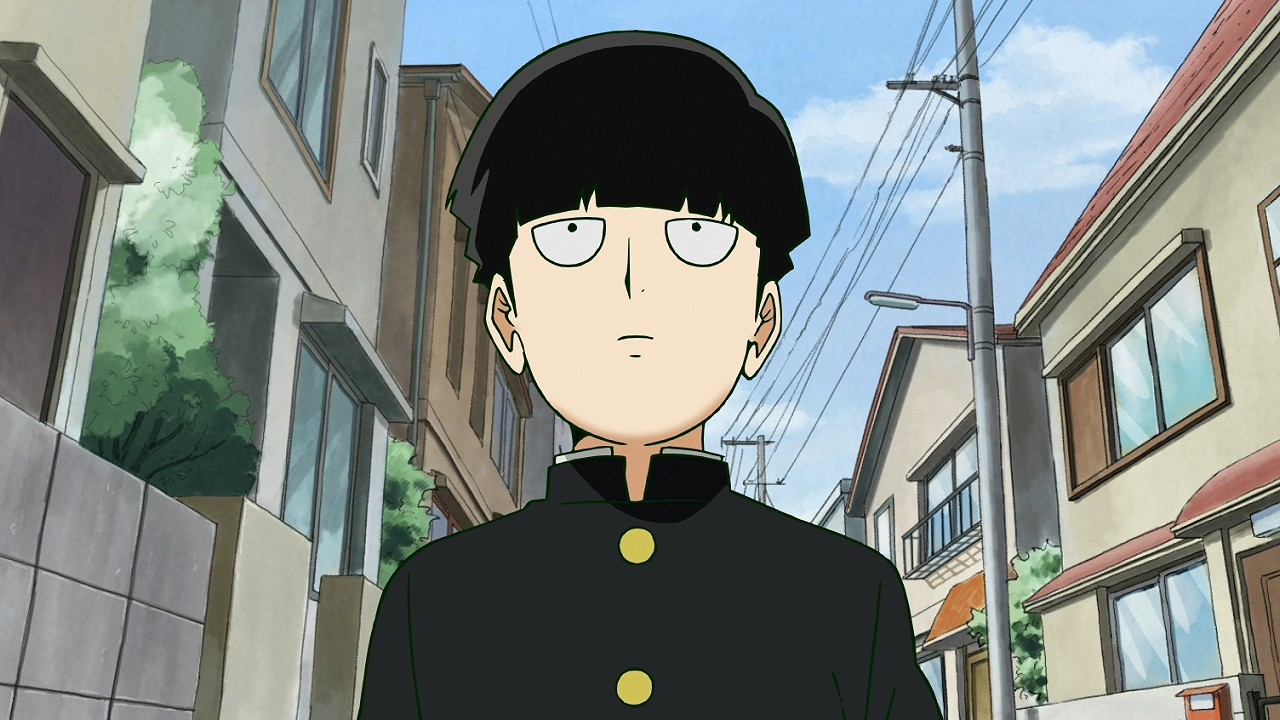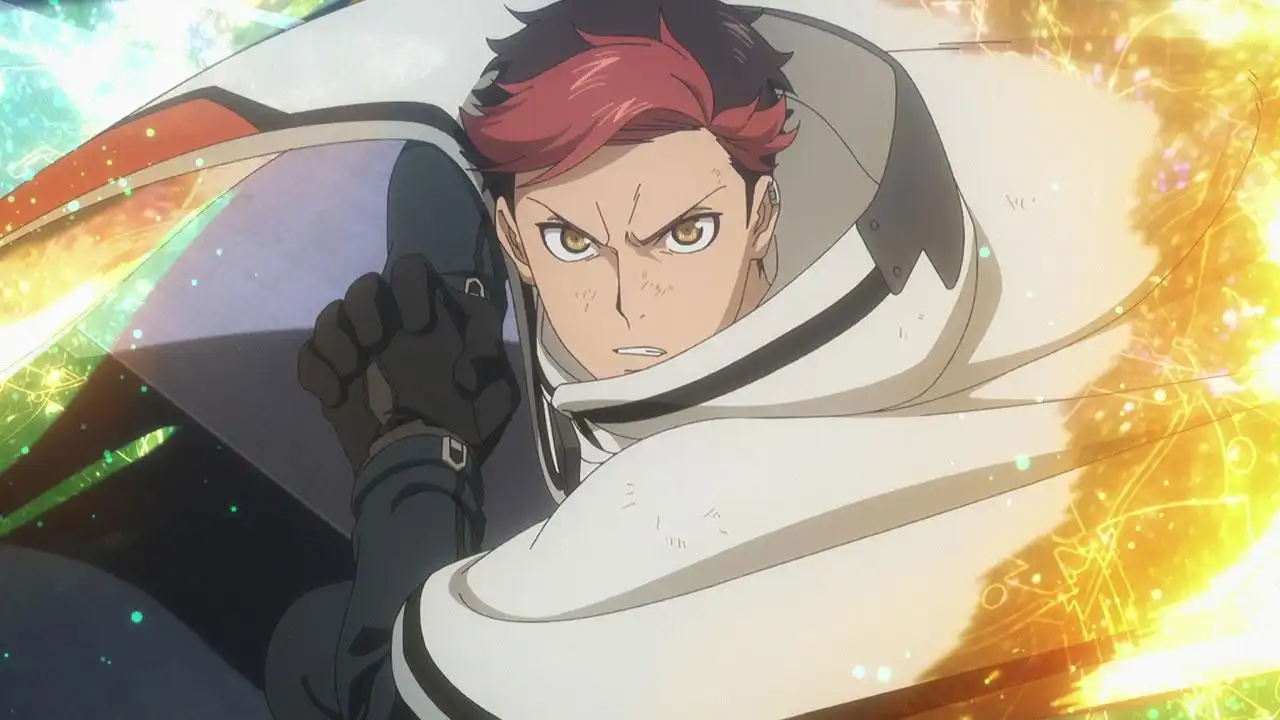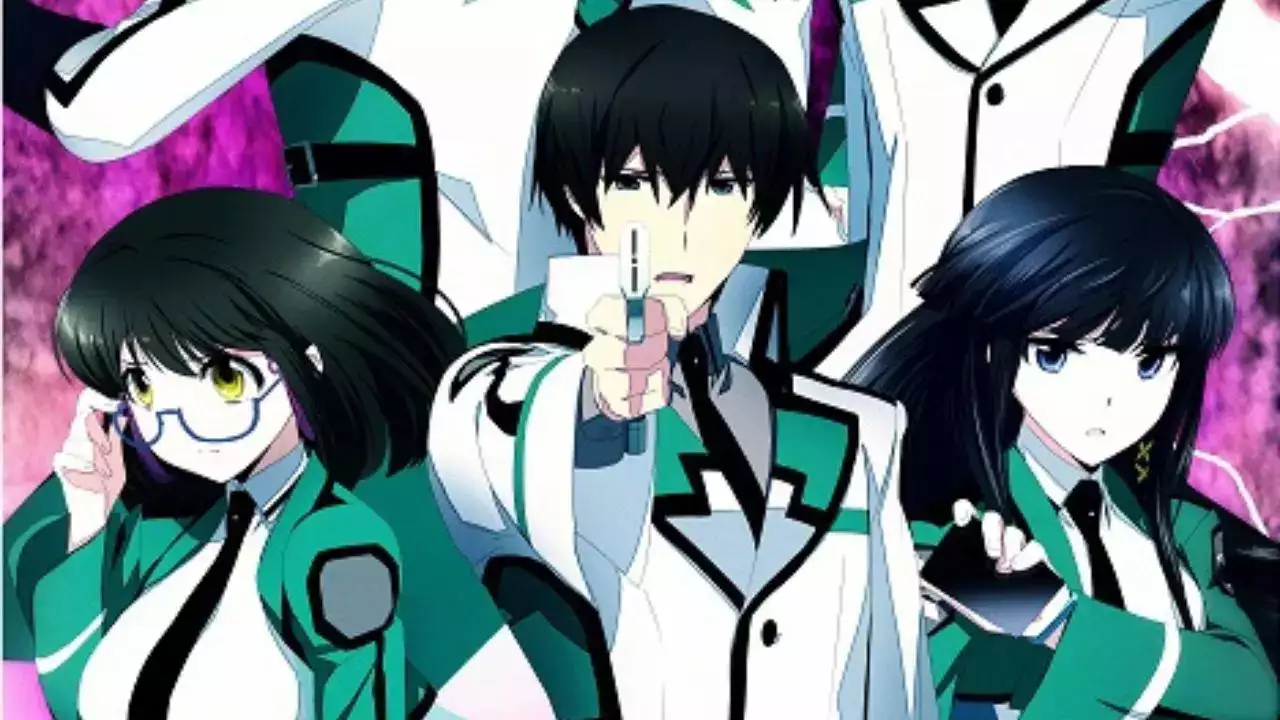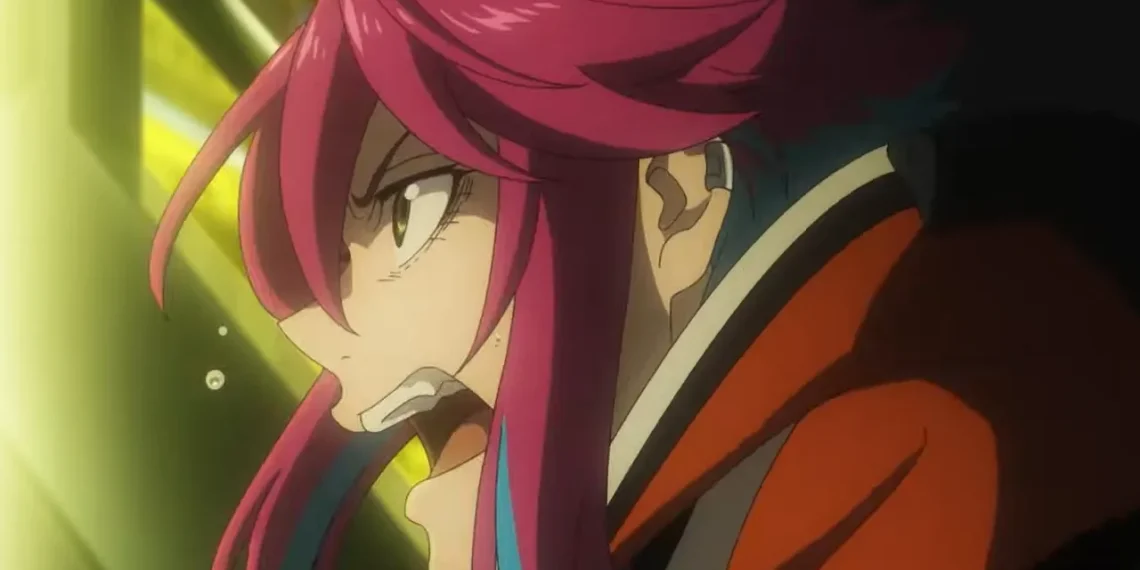Japan’s largest doujin convention, Comiket, is once again at the center of global controversy. This time, international watchdog groups and UN-affiliated human rights advocates have condemned the country’s refusal to restrict the sale and display of loli content—material that often sexualizes underage-looking characters, even if fictional.
The debate reignited following the latest UN Human Rights Council session, where speakers called out Comiket for hosting booths with questionable material. Critics argue that such content violates the spirit of international child protection laws, even if it’s technically legal under Japanese law. Advocacy groups claim Japan’s continued tolerance promotes harmful global trends.
Japan Cites Freedom of Artistic Expression

Japanese officials have defended their stance, stating that while some content may appear controversial, it remains protected under the country’s freedom of expression laws. Legal experts argue that fictional characters are not covered by exploitation laws unless they involve real people, a line Japan has been careful not to cross in its legal system.
Cultural analysts also highlight the importance of doujinshi and self-publishing culture in Japan, where boundaries are often pushed artistically. For many in the manga community, attempts to restrict fictional content are seen as a direct threat to creative freedom. Comiket organizers reaffirmed they have no current plans to ban loli genres from the event.
Global Pressure Mounts

Despite Japan’s internal stance, pressure is increasing from international communities. Activists and diplomats from Western nations claim that the accessibility and normalization of such imagery, even in a fictional context, undermines global efforts to combat exploitation. This has prompted calls for sanctions and trade negotiations to include content restrictions in cultural exchanges.
Some Japanese citizens have expressed concern about the international backlash, fearing it could harm Japan’s image abroad. Others argue that the criticism reflects a misunderstanding of the difference between real-world harm and fictional storytelling. As social media debates flare, Comiket has become a battleground between cultural sovereignty and global ethical standards.
A Divided Future for Creative Liberties

What happens next may set a precedent not just for Japan, but for the future of international creative norms. While Japan holds firm on its right to free expression, international voices are growing louder. Legal scholars predict that Japan will face increasing diplomatic tension if it doesn’t revise policies surrounding depictions of minors in media—even fictional ones.
The issue reflects a deeper ideological divide—between individual artistic liberties and global child protection frameworks. As anime and manga continue to grow in international popularity, Japan may soon need to navigate this complex terrain with greater sensitivity and diplomacy.




